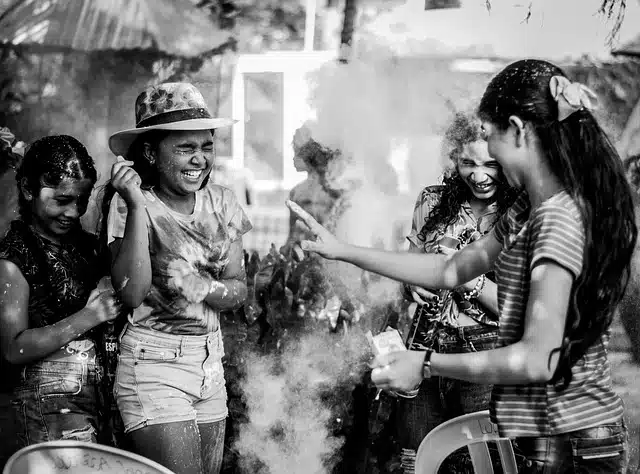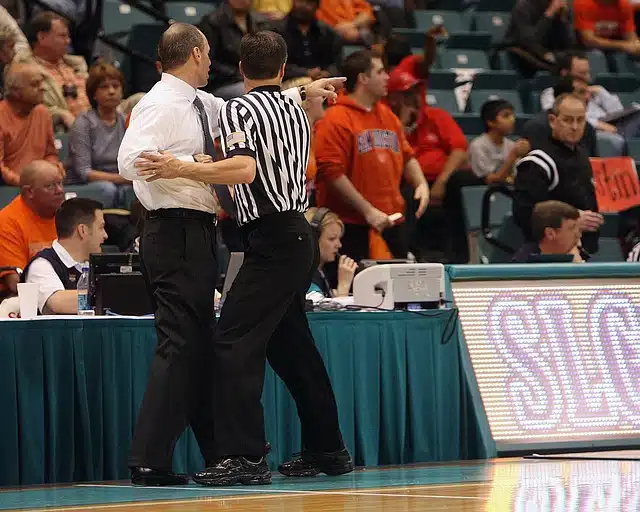
The jarana can be the typical hubbub of a party.
The notion of jarana has different uses depending on the region. The first meaning mentioned by the Royal Spanish Academy ( RAE ) in its dictionary refers to fun or merriment that includes commotion and bustle .
Some examples
We propose three example sentences to see the term in context: “Tonight there will be revelry in Miguel's house! Let's celebrate that classes are over”, “My head still hurts from yesterday's revelry; I think I drank too much beer”, “The party started when they played music in the bar and moved the tables so we could dance.”
The first example tells us about a meeting as a celebration, on the occasion of the end of classes. Since student activity is very exhausting, it is normal for students to look forward to their vacations and celebrate every time they reach them, especially if they have passed all their subjects.
In the second sentence, the speaker states that because of having drunk too much beer and having been in a noisy space, he has had a headache since the night before. Revelry can be a positive thing, but if it is combined with substances toxic to the body it can also leave consequences of varying severity.
Finally we have an example similar to the previous one, but in which only the hubbub is mentioned. It is about a night in a bar, where at one point they turned the room into an improvised dance floor so those present could dance.
Tumult or brawl
Revelry can also be a tumult or a brawl : “A boy pushed another and soon a revelry broke out,” “The referee tried to separate the players but was unable to prevent the revelry,” “So much revelry due to a misunderstanding? "You have to learn to dialogue before fighting."
This meaning is very different from the previous one, since in this case there is not a celebration but a confrontation, a violent encounter. The first example describes a fairly common situation at mass events: just as a small snowball can grow rapidly when rolling down a slope, a single display of hostility can lead to a massive fight, an out-of-control revelry.
The second tells us about a fight between two players, which the referee tried to prevent but failed. Finally, the sender wonders if a misunderstanding really merits physical violence, and recommends prioritizing the word.
Deception or trick
Another use of revelry is linked to a deception or a trick : “I will never forgive him for that revelry,” “I can't believe you fell into such a revelry, I thought you were smarter,” “With a revelry, he was left with all the old man's savings."
One more meaning that is not related to the previous ones either. In the first sentence, the sender states that he will not forgive a deception to which he has been subjected. In the second, however, the sender appears astonished at the innocence of his interlocutor for having fallen into a revelry. Lastly, we have a situation where someone managed to scam an elderly man out of all his money.

A violent confrontation, typical in the sports field, is also a revelry.
Musical instrument or genre
In Mexico , the notion of jarana can refer to an instrument or a musical genre . The jarana, in this framework, can be a string instrument similar to a guitar , although smaller in size. According to its characteristics, it is possible to differentiate between the jarana huasteca , the jarana jarocha and others.
The Yucatecan jarana , finally, is a traditional genre and dance from the Yucatan Peninsula. Its origins would be linked to the Aragonese jota . It is known that between the 17th and 18th centuries, the Creoles and the Spaniards of Yucatan used the term "jarana" to refer contemptuously to popular festivals.
